In his seminal work on behavioural economics, Misbehaving, Richard H. Thaler tells the story of a man named Vince who paid $1,000 for a tennis club membership. Even after developing tennis elbow, he continued to play. He didn't want to waste the money he had spent. He only gave up when the pain became literally unbearable.
Thaler calls this the Sunk Cost Fallacy, where we persevere with something in an attempt to mentally recoup that money (or time) already spent, or to get perceived value from it. As he points out, that money is gone, no matter what we do. Punishing ourselves in some way through our continuing behaviours doesn't help.
This, in essence, is what behavioural economics is all about. It blends economic analysis with psychology to offer insights into our behaviours, the values we place on things, and the decisions we make as a consequence.
How I fell foul of the Sunk Cost Fallacy
Recently, I have fallen foul of the Sunk Cost Fallacy. A few years ago, I purchased a highly respected and expensive course in a field that wasn't my home turf. I did so because it wasn't long after COVID and my work had been heavily impacted. I thought it would be beneficial to have a backup plan.
I had a year to complete the course. I did nothing. Partly because work picked up. Partly because we had a rollercoaster of a year with miscarriages, family illnesses, and then a pregnancy. Partly because every time I looked at the course, I realised I found it incredibly dull and the learning experience (and lack of any support provided) meant I just couldn't get into it.
At the end of the year, I had a choice. I could let it go, or I could try to retrieve some value from my spent cash. So, I spoke to the 'training provider' (I put that in inverted commas because the 'training' was a series of web pages to read, occasionally clicking on a box to be able to read the text in a different place - but more on that another time) and I persuaded myself that if I swapped the course for another pathway, that would motivate me to get it done.
Eleven months later, and with an 18-month-old, a very busy work schedule, and more family and life stresses, guess how much work I'd done?
I'm sure you got it right. Nada. So, I spoke to my partner, Lou, and decided to go into overdrive. I understand the language of qualifications and what assessments require very well, and I know I can learn FAST! So I started. I ploughed through an assignment, hating every second of it and feeling like I was learning nothing of value to me (that's not to say it might not be valuable to someone else, it's just not my bag).
I began the second assignment late one evening, and I spent much of the night awake with a very unwell baby, thinking about the course and whether I should continue or not. And then, the following morning, I saw an image on my web provider's homepage. It's the one below, of the city of Petra - or Raqmu as it was called by its creators - in Jordan.
It's also the scene used in the best of the Indiana Jones movies, The Last Crusade. (In my humble opinion, but having watched each at least thirty times, I feel well placed to offer up my view.) It serves as the resting place of the Holy Grail. After the Nazis attempt to remove the Grail, the place begins to fall apart and the Grail falls into a freshly opened crevasse in the floor. Indiana Jones tries to save Elsa - his double-crossing love interest in the film - as she scrambles in to attempt to retrieve the Grail, desirous of the everlasting youth and untold powers it would bring. She can’t reach it and slips out of Jones’ grasp and into the abyss below.
Indiana, though, thinks he can reach it. Jones' father (the ever-wonderful Sean Connery) clings onto Indy's hand and repeatedly tries to get his attention, calling him Junior, much to Indy’s disdain. Eventually, Connery says,
"Indiana. Indiana. Let it go."
And that was all it took. Indiana Jones lets go. He gives up on the Holy Grail and takes both of his father’s hands, Connery hauling him out of the crevasse and the pair beating a hasty retreat before the whole place collapses. With the memory of that film scene firmly in my head, I also knew what I was going to do about my course. Let it go.
What can you learn from the Sunk Cost Fallacy in relation to your health and fitness?
The key thing is to learn to let go of things that aren’t working or don’t feel right. Yes, you may have spent a lot of money on that gym membership but you’re not going, so if you know deep down that’s not going to change, let it go.
You can decide not to go back to that diet ‘one more time’, if you know in your gut (no pun intended) that you don’t really like it.
That’s not to say you should always give up. If something feels like the right path but you just need to do some tweaking and try again, that’s cool. But don’t keep going out of a sense of guilt that you’ve wasted good money or time.
Instead, imagine those smooth Scottish tones of Sean Connery. Let it go, take his hands and let him help you out of that hole that you’ve been stuck in for some time.


























